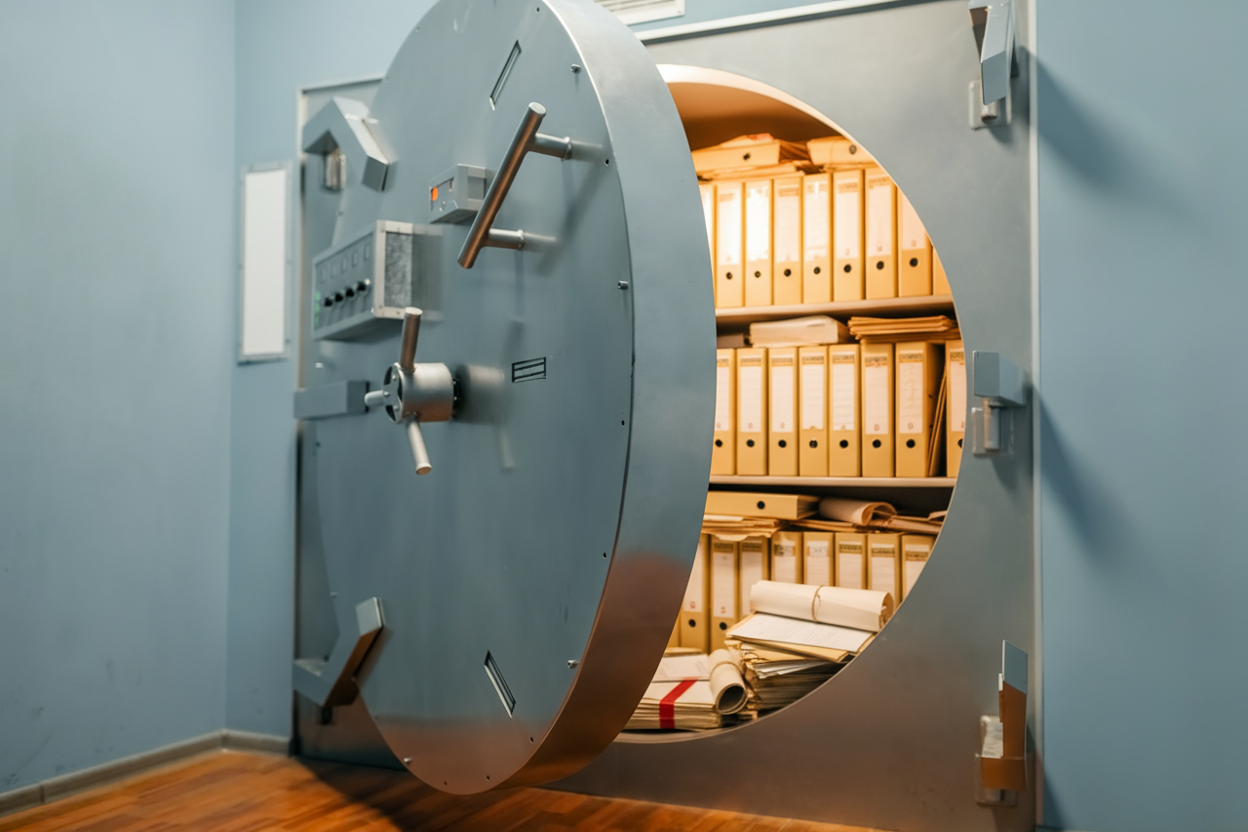In engineering and environmental consulting, we obsess over scopes, staffing, and schedules. But there’s a critical asset we consistently overlook—one that bleeds out with each retirement and sits dormant inside thousands of PDFs: institutional knowledge.
Your teams already produce excellent deliverables. The problem? They’re doing it the hard way. With every new report, they recreate solutions that already exist somewhere in your history.
The Scale of What’s Locked Away
A single technical report often contains ~40,000 carefully crafted words—about 2,300 sentences reviewed and approved before a client ever sees them. Multiply that by the volume a mid-sized firm ships each year, and you’re looking at tens of millions of words of proven approaches and regulatory-ready language—most of it buried in archives and impossible to retrieve on demand. (Quire users alone have generated well over a million technical reports to date.)
Why the “Go-By” Hunt Drains Time
A new project lands. Someone asks, “Do we have a similar project to reference?” Cue the search—poking through file servers, pinging senior engineers, settling for “my template is my last report.”
Inside firms we’ve spoken with, leaders consistently rate deliverable quality high, but the process to get there lags. The result is a quality-process gap fueled by rework, copy/paste, and avoidable inefficiencies—time your experts could spend applying judgment, not spelunking for past work.
Hidden costs you can feel:
- The template hunt: hours per new project spent searching instead of working
- Reinventing solutions: teams re-building approaches that already exist in your archives
- Retirement brain drain: decades of decision-making context walking out the door
- Inconsistent results: best practices can’t be found at the moment of need
Archive Intelligence: Turn History Into a Working Asset
Every completed deliverable was someone’s “perfect template” at that moment. Archive intelligence flips static reports into searchable, reusable knowledge. Imagine asking:
“Show successful remediation approaches for petroleum-contaminated sites with shallow groundwater from the last six years.”
…and getting precise, citable results in seconds.
What changes when your archive is truly usable?
- Every report becomes a template. Vetted language from five years ago becomes today’s starting point.
- New talent ramps fast. Juniors find the right reference in seconds instead of days.
- Clients get your full expertise. Each deliverable benefits from decades of accumulated best practices—not just what the assigned team remembers.
- Consistency scales. Proven language and structures become accessible across offices and disciplines.
TRM: Fix the Process, Not Just the Search
Unlocking history is only half the story. A modern Technical Report Management (TRM™) platform standardizes today’s work—so you’re not just finding better content; you’re producing better deliverables faster, with fewer errors and less formatting drag. The outcome: shorter cycles, tighter consistency, and happier teams.
Business outcomes you can measure:
- Faster delivery through instant access to go-bys plus end-to-end workflows
- Higher, more consistent quality across teams
- New staff productive in weeks, not months
- Clients who experience the full weight of your firm’s expertise on every project
What’s Next
The firms winning right now aren’t starting from scratch—they’re unlocking the expertise they’ve already written. Your next competitive edge isn’t waiting to be invented. It’s waiting to be found.
We’re doubling down on both sides of the equation: a best-in-class TRM platform for day-to-day report creation and a forthcoming archive-intelligence capability designed to bring your pre-Quire history to life inside the same workflow. More to come soon.
Want to see how Quire TRM streamlines today’s deliverables and be first to hear when our archive intelligence is generally available?
Get in touch with our sales team today and ask to be added to the early-updates list.
